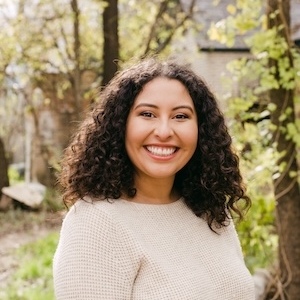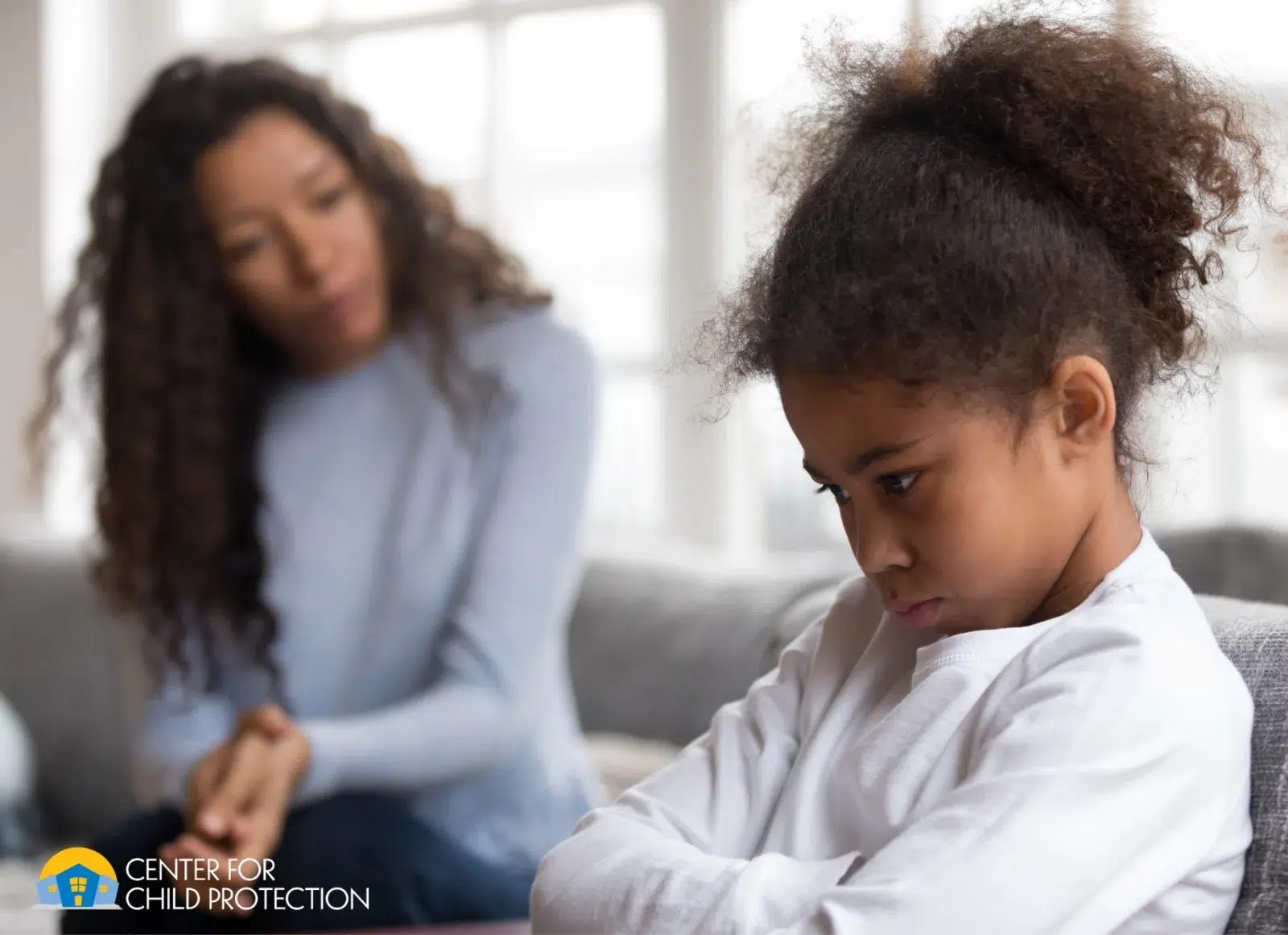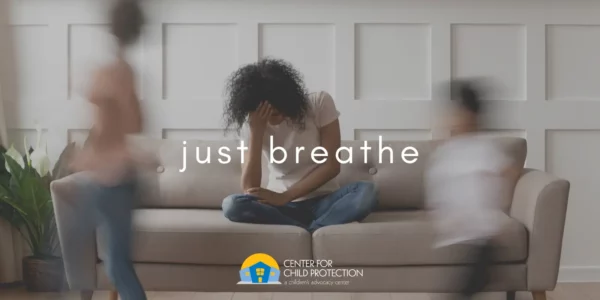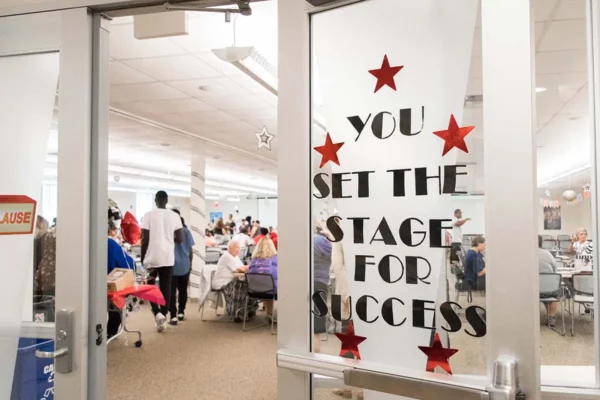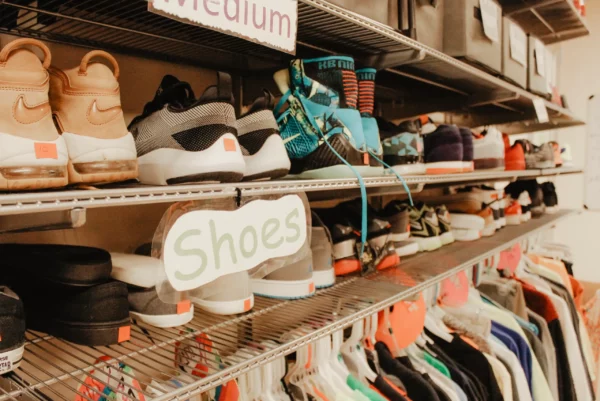Often times, when a child discloses their abuse, it can be several months or even years after the abuse took place. With more adults sharing their stories every year, it’s showcasing that children often have a hard time sharing about their abuse during their childhood.
Why would a victim of abuse have any reason to not disclose?
There are many worries for a child abuse survivor that can silence them. Research and surveys indicate disclosure rates may be as low as 16 percent to 25 percent, and fewer than 25 percent of victims are said to disclose immediately following the abuse (National Children’s Advocacy Center, 2014).
“Oh, they won’t believe me anyway.”
Parents can play a heavy role in the disclosure process. The act of disclosing abuse is often based on how the children believe their parents will react or what problems it will cause. This is why it’s incredibly important for kids to be comfortable talking freely with their parents. Parents who listen to their children and give feedback accordingly can have a mutually understood relationship with their child, allowing trust to take its place between them. For children whose parents may react negatively, they may be worried about potential adverse consequences (e.g. retributive punishment). Simply being listened to and believed is crucial for the child’s future healing and development.
“Well, maybe they just don’t realize it’s wrong?”
Not understanding body safety and boundaries could also be a reason for delayed disclosure. While the actions taken against them may feel uncomfortable, they may not know they’re wrong. Therefore, it’s important for parents to discuss general rights and wrongs when it comes to one’s body.
(Scroll to bottom for Darkness to Light‘s “TALK ABOUT IT!” series for talking body safety with different age groups.)
The parent-child relationship isn’t the only factor playing a role in whether or when victims disclose. Research has given mixed results when considering a child’s age and gender. “The scientific literature generally points to older children and boys being more likely to delay or avoid disclosure compared with younger children and girls” (e.g. Widom & Morris, 1997). When a family member is the perpetrator, children are also less likely to disclose than those abused by a non-relative.
“If you tell anyone, bad things will happen and we don’t want that.”
However, sometimes, parents are the abusers. Our Chief Program Officer, Amanda Van Hoozer, says parent perpetrators often instill a fear of loss of love in their children saying if they tell anyone, they won’t love them anymore. Most of the time, and not just with parent perpetrators, children are told something bad will happen if disclosing (someone will leave, be mad, go to jail, etc.) thus causing victims to wait until later in life to disclose when they are able to understand the reality of what was done to them.
It seems as if it’s become the norm to disclose abuse from one’s childhood later in life. However, delaying disclosure can actually diminish successful prosecution, hinder therapeutic intervention and potentially expose other children to harm.
While child abuse may be difficult for some adults to discuss, let’s think about the children themselves. Put yourself in their shoes, not knowing where to go or who to talk to or to even talk at all. If the topic is intimidating to us, we can only imagine how a child may feel. As adults in our children’s lives, it’s important that we empathize and build a relationship of trust with our children so they can come to us without hesitation.
Darkness to Light | TALK ABOUT IT!
- TALK ABOUT IT! Small children = Small lessons
- TALK ABOUT IT! From elementary to “tween”
- TALK ABOUT IT! Adapt 4 adolescence
As always, if you suspect a child is being abused or neglected, please report to the Texas Abuse Hotline at txabusehotline.org or 1-800-252-5400.
If you feel you or a family member is suicidal, contact 911 or 512-472-HELP (512-472-4357) for immediate assistance.
References
National Children’s Advocacy Center. (2014). Sexual abuse: Perpetrators, grooming, and prevention. Available at: https://www.nationalcac.org/images/pdfs/LocalServices/Prevention/ForParents/Perpetrator_Information.pdf
Tashjian, S., Goldfarb, D. and Goodman, G. (2017). Considering parent-child relationship factors in delayed disclosure of child sexual abuse. [online] https://www.apadivisions.org/division-37/publications/newsletters/maltreatment/2017/06/delayed-disclosure
Widom, C., & Morris, S. (1997). Accuracy of adult recollections of childhood victimization, Part 2: Childhood sexual abuse. Psychological Assessment, 9, 34-46.
Contact Info
Center for Child Protection
8509 FM 969, Building 2
Austin, Texas 78724
Phone: 512-472-1164
Fax: 512-472-1167
Web: centerforchildprotection.org





